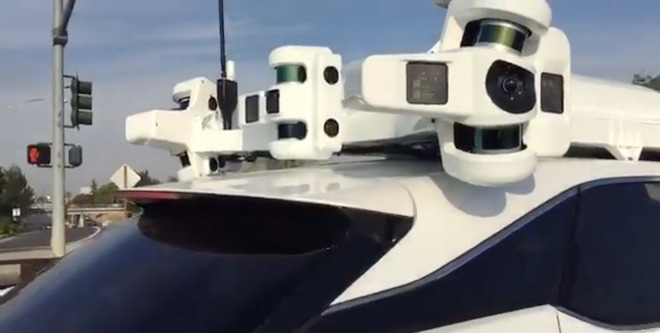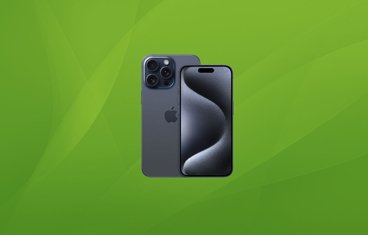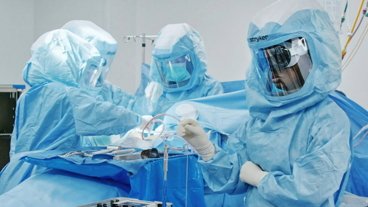Apple's self-driving cars disengage from autonomous mode about once per mile, highest rate in California
Fresh statistics from California's Department of Motor Vehicles reveals Apple's self-driving car testbed as the worst performing system on the road in terms of disengagements, or instances when the vehicle is forced to exit autonomous mode and return control to a human pilot.
From December 2018 through November 2019, Apple's fleet of heavily modified Lexus RX450h SUVs recorded an average of 871.65 disengagements for every 1,000 miles traveled, putting the company in last place among 28 firms testing autonomous vehicles on California roads. The tech giant said it had 62 cars in operation in 2018, suggesting a few vehicles were pulled from service since the company reported a fleet of 66 cars in June.
As noted by The Last Driver License Holder, which compiled the DMV data, a disengagement refers to a situation in which a self-driving vehicle's autonomous systems are unable to process current conditions, forcing it to pass control back to the human driver. Instances when a human manually retakes the wheel or overrides a car's decision also count as disengagements.
Disengagement protocols enable manufacturers to evaluate autonomous systems on public roads while ensuring the safety of other motorists and pedestrians. These failsafes are not always effective, as evidenced by a handful of high-profile accidents involving self-driving cars. Apple saw its first fender bender last August.
On the other end of the spectrum was Google's Waymo, which managed an impressive 0.09 disengagements per 1,000 miles, or one disengagement every 11,154 miles, over the same period. GM Cruise vehicles were able to log an average of 5,204 miles between disengagements, while Zoox saw its systems hand back control every 2,000 miles.
Testbeds from Qualcomm, Honda, Mercedes-Benz and SAIC sat at the bottom of the pile, eking out disengagement rates of one every 2.4, 2.2, 1.5 and 1.2 miles, respectively.
The data made available by California's DMV is not complete, as reports typically include the total number of disengagements and miles driven for each company. According to the limited dataset that did see release, companies testing cars in the state logged a cumulative 73,550 disengagements over 2,009,474 miles traveled in autonomous mode.
Companies evaluating self-driving cars in California must record and report disengagements as part of a statutory operating permit. The state's DMV requires manufacturers to submit disengagement reports on Jan. 1 of each year, with information contained within covering a period from issuance through Nov. 30 of the following year. Apple received its permit in 2017 — Apple's Lexus SUVs were first spotted in April of that year — meaning the company's initial report was due on Jan. 1, 2019.
Apple's self-driving car project is something of an open secret in Silicon Valley. Initially in development under the "Project Titan" banner, the program sought to create a branded car from whole cloth, with an anticipated launch date in 2020. Apple scaled back its ambitious goal in late 2016 after hitting a number of snags. The Titan team has since refocused attention to autonomous vehicle subsystems, and a fully-operation vehicle is not expected until 2023, if at all.
In January, reports claimed Apple axed more than 200 employees from the project as it refocuses attention to the wider development of autonomous systems and technologies.
 Mikey Campbell
Mikey Campbell











 Chip Loder
Chip Loder
 Andrew Orr
Andrew Orr
 Marko Zivkovic
Marko Zivkovic
 David Schloss
David Schloss

 Malcolm Owen
Malcolm Owen

 William Gallagher
William Gallagher







